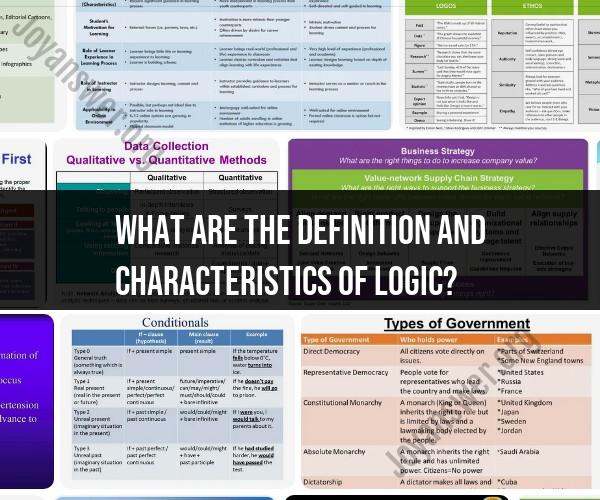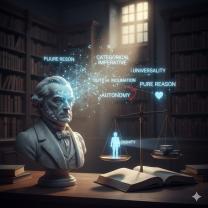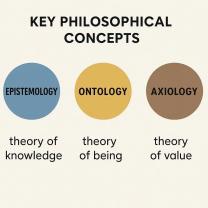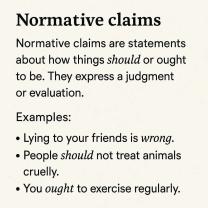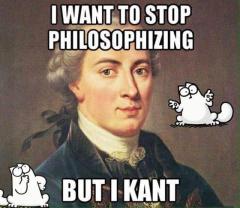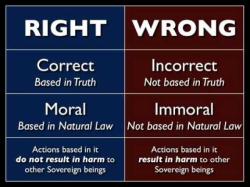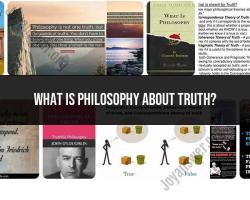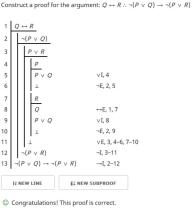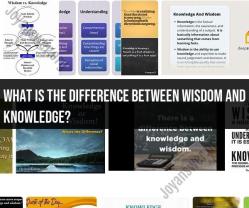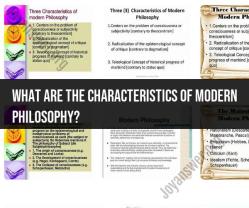What are the definition and characteristics of logic?
Definition of Logic:Logic is the systematic study of reasoning and inference, aiming to understand the principles that govern valid and reliable argumentation. It is a branch of philosophy and mathematics that explores the structure of arguments, the relationships between propositions, and the rules that govern rational thinking.
Key Characteristics of Logic:
Systematic Study: Logic is a structured and organized discipline that follows a set of principles and rules for analyzing arguments and determining their validity.
Validity and Soundness: Central to logic is the distinction between validity and soundness of arguments. An argument is valid if its conclusion follows logically from its premises, while an argument is sound if it is valid and all its premises are true.
Precision: Logic demands precise language and well-defined terms to avoid ambiguity and ensure clear communication. Ambiguity in language can lead to faulty reasoning.
Formalism: Logic often employs formal languages and symbols to represent propositions, relationships, and logical operations. This formalism allows for rigorous analysis of complex arguments.
Inference Rules: Logic provides a set of inference rules that guide the process of drawing conclusions from premises. These rules are based on logical connectives like "and," "or," "not," and "if...then."
Deductive and Inductive Reasoning: Logic encompasses both deductive reasoning, where conclusions are derived from established premises with certainty, and inductive reasoning, where generalizations are made based on patterns or specific instances.
Fallacies: Logic identifies common errors in reasoning called fallacies. Fallacies are flawed arguments that may appear valid on the surface but fail to provide adequate support for the conclusion.
Truth Tables: In propositional logic, truth tables are used to evaluate the truth values of complex propositions based on the truth values of their component propositions.
Quantification: Predicate logic introduces quantifiers such as "for all" (∀) and "there exists" (∃), allowing for more nuanced statements about sets of objects and relationships.
Application to Real-World Contexts: Logic is not limited to abstract reasoning but is applicable to various real-world contexts, including philosophy, mathematics, science, law, computer science, linguistics, and everyday decision-making.
Analytical Skills: Studying logic enhances critical thinking and analytical skills by training individuals to assess arguments, identify flaws, and construct well-structured reasoning.
Continual Development: Logic is an evolving field that adapts to new challenges, technologies, and interdisciplinary applications. It has ancient roots but continues to be relevant in modern thought.
In essence, logic provides a framework for evaluating the validity and reliability of arguments, enhancing our ability to engage in reasoned discourse, make informed decisions, and understand the underlying structure of our thoughts. It serves as a foundation for rational inquiry and effective communication across various domains.
